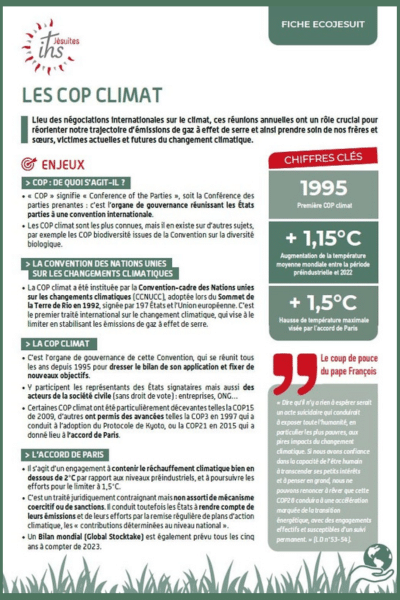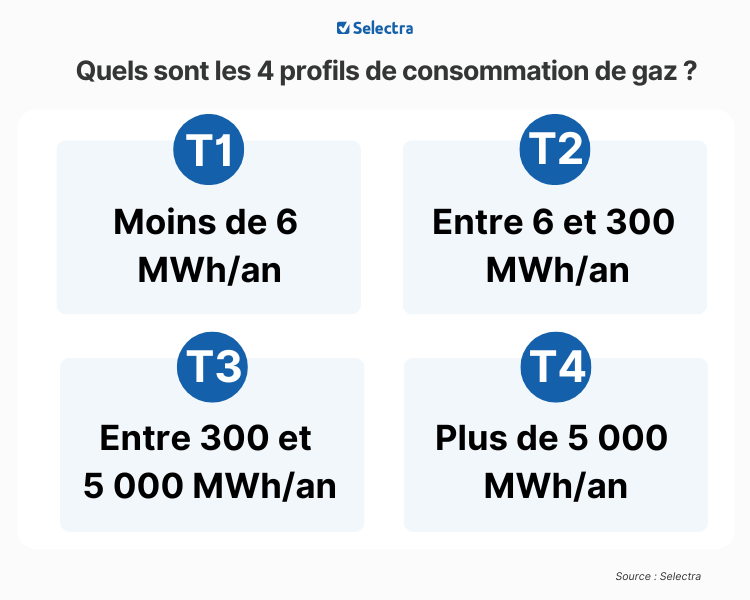The COP29 in Baku brings together thousands of negotiators and activists to discuss global strategies in response to climate challenges. As the world suffers the repercussions of post-pandemic inflation and diverts from climate priorities due to various international conflicts, this year’s discussions focus on several crucial issues. From setting a new climate finance target to coordinating the global energy transition, as well as climate reparations, methane regulation, and carbon markets, each topic will overflow with tense debates and contrasting positions. These critical issues will shape the future of efforts to mitigate carbon emissions and address growing climate disasters.
As the COP29 takes place in Baku, Azerbaijan, several crucial topics will dominate discussions about the future of our planet. Here are the five major issues to follow:
International Climate Finance Objective
The summit’s main objective will be to establish a new amount of climate aid that wealthy countries must provide to developing nations. This aid aims to support the transition to renewable energies and address the effects of climate change.
U.S. Role in Climate Action
The U.S. position is under scrutiny, especially with the election of Donald Trump. The question is whether China and the European Union will fill the void left by this potential withdrawal.
Global Energy Transition
Another central point will be the implementation of the agreement aimed at reducing reliance on fossil fuels, initiated during COP28. Countries must clarify their commitments to accelerate this transition.
Climate Reparations
Discussions on reparations related to loss and climate harm for the most affected countries remain essential, with funds still significantly insufficient.
Carbon Markets
Lastly, the creation of a carbon market regulated by the United Nations is under debate. This market could offer new ways for countries to help each other meet the goals of the Paris Agreement, although differences remain regarding its operation.

Critical Decisions for Climate Financing
At COP29, the central point of discussions will be determining the amount that developed countries must provide in climate aid to vulnerable countries. The goals aim to facilitate the transition to renewable energies and adaptation measures to climate effects, such as droughts or sea level rise. However, tensions surround these negotiations, as past commitments have not been honored or the money has been lent in the form of costly loans. With underfunded financing efforts, particularly for adaptation, many questions arise about how financial resources will be effectively allocated to achieve the set objectives.
International Mobilization in the Absence of the U.S.
The shadow of the impending absence of the United States looms over the discussions at COP29. With the re-election of Donald Trump, who has often labeled climate change a “hoax,” it is likely that the U.S. will withdraw from global climate commitments. This raises the question of whether other major emitters, like China and the European Union, will ramp up their efforts to fill the void left by the American administration. The decisions they make could be crucial for coordinating an effective global response to the climate challenge, especially as these regions face economic difficulties. It will be essential to observe how these actors respond to global climate challenges despite the economic uncertainty they currently face.
Methane Regulation and Energy Transition
Methane, a greenhouse gas far more potent than carbon dioxide, will be a priority at COP29. While significant regulations have been put in place at oil sites by countries like the U.S., the EU, and Canada, progress is still needed on agricultural emissions. By overcoming the political obstacles surrounding it, new advancements could emerge this year. Furthermore, the question of the global energy transition away from fossil fuels remains crucial. Countries’ commitments regarding their reduction intentions will be essential for determining the progress made. Similarly, the debate over the potential role of nuclear energy in this transformation raises complex questions that could influence the core of energy discussions at this COP.
Articles similaires
Thank you!
We will contact you soon.














